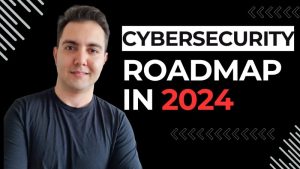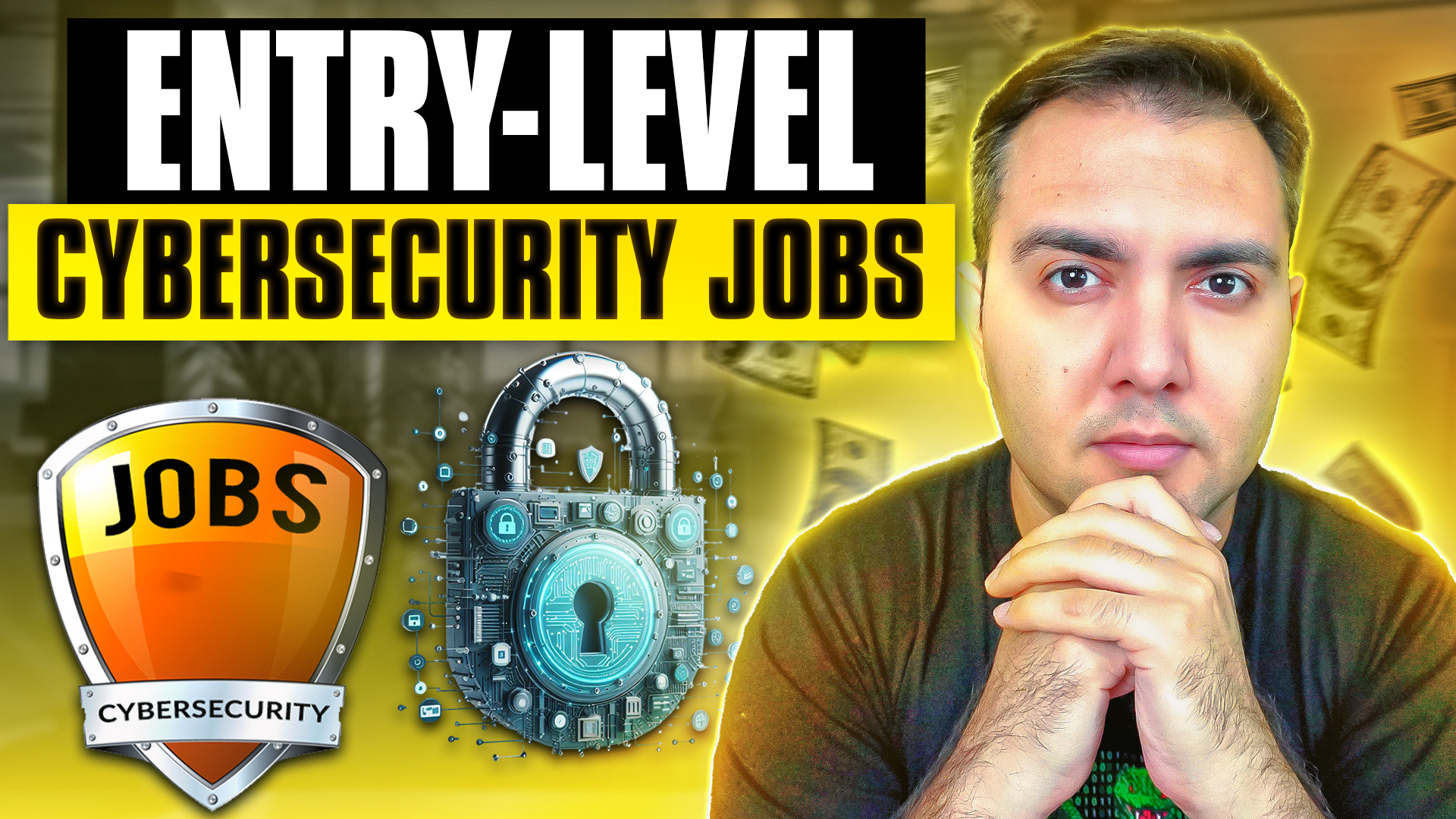Many professionals who want to get into cybersecurity have questions like, is career change to cybersecurity at 40 possible, is 30 too late for cyber security? Or am I too old to get into cybersecurity? Can I change my career to cybersecurity? Let me tell you that the answer to all the above questions is yes, as there is no age of learning. If you are considering making a transition to cybersecurity, then it’s the perfect time to do so, as the unemployment rate in the cybersecurity sector is near zero percent. It is projected to remain there for the foreseeable future.
However, most people looking to get into cybersecurity have no idea what the correct roadmap is or what type of role they need to apply for. Some people don’t even know that there are so many different roles in the industry, while others are considering certifications. If you also have these confusing thoughts, then I am going to talk about different roles in cybersecurity and how you can transition to cybersecurity.
What is Cybersecurity?
A lot of people think cybersecurity is just about hacking or hackers. Some people may have watched the TV series Mr. Robot and think cybersecurity is all about that. But the reality is different. Cybersecurity involves protecting systems, programs and networks from digital attacks, commonly known as cyber-attacks. There are different cyber roles that don’t involve hacking and are not even technical or IT-related. Some of the roles in cybersecurity include:
- GRC
- SOC Analyst
- Security Analyst
- Cybersecurity Engineer
- Penetration Testers
- Security Architects
How to Transition to Cyber Security in Later Life?
Not only is a cybersecurity job very much in demand, but it is also one of the highest-paying jobs. To get started in cybersecurity, you need to have a solid roadmap. You have to have a goal that you wish to pursue. Let us find out how you can transition to cybersecurity even if you are thirty, forty or even fifty.
Reverse Engineer Your Ideal Role: The first step you need to follow is to decide your niche. You can check the roles that I talked about above to figure out which one suits you the best. Once you decide what role fits you in cybersecurity, you can easily reverse engineer it. It will help you discover the roles, responsibilities, tools and skills you need to learn.
For example, let’s say you want to be a SOC Analyst. Check job portals like Indeed and look at the job description to find out what skills and tools are needed for the job. Then, work on getting those skills. You can take certification courses, but they are not mandatory, as the companies hiring for cybersecurity roles care more about the tools, knowledge, and skills than mere certificates.
Do Not Spend Excessive Time on Certifications: Remember not to spend too much time on the certifications. I’ve met a lot of other students who have been spending around six months, eight months, ten months, 12 months, a year or two on getting a single certification, let’s say CompTIA Security+. And in my opinion, that’s too long. You can easily learn the basics of cybersecurity in just a matter of a few weeks.
Create a Strong Foundation: Instead of spending too much time on the studying phase, getting all the certifications, and reviewing all the content, I think it’s better to create a baseline of knowledge and skills. Learn the tools and essential skills that companies are asking for.
Apply for Cybersecurity Jobs: The best way to learn is to get out there and apply for jobs. You need to test your knowledge and not waste time studying just to get perfection because you’re not getting that perfection level. Look for jobs that suit your requirements, apply and attend interviews. Get yourself in front of people because they will tell you how much you know and what your weaknesses are.
For example, we had a student who joined our program. In two and a half months, he was able to get into cybersecurity. That’s easy. All he had was a baseline. We gave him some tools and skills, and he went out there and applied for jobs, did the interview, and got the job.
Do you want to get a cybersecurity job like our students? Take our free Roadmap to Cybersecurity course.
Conclusion
To sum it all up, if you’re looking to get into cybersecurity, identify your niche and look for the role best suited to you and reverse engineer it. Instead of wasting your time focusing on getting certifications, learn the practical tools and skills companies are looking for in your ideal target role. Then, create a CV that matches the job requirements, prepare for the interview, and get your dream job. So, get out there, look for jobs that fit your requirements, and don’t be afraid to apply.












